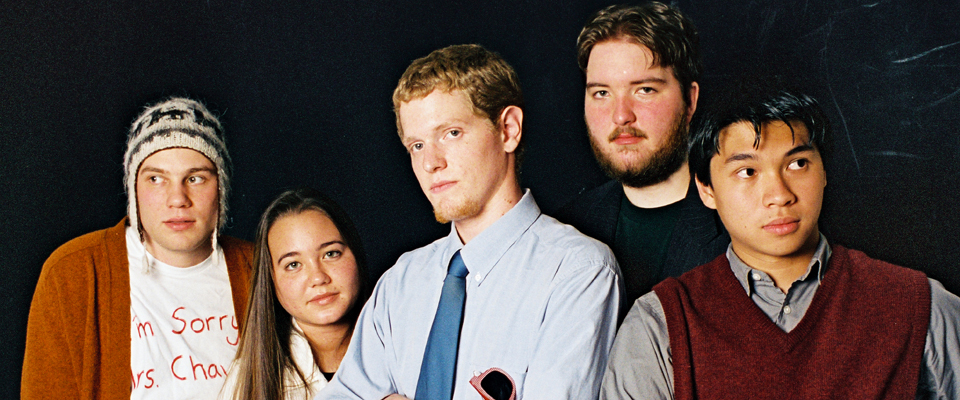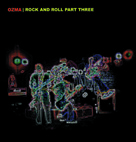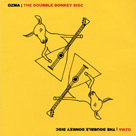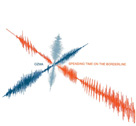
Ozma
Ozma was formed in 1995 by Ryen Slegr (vocals/guitar), Jose Galvez (guitar/vocals), Patrick Edwards (drums) and Daniel Brummel (vocals/bass), when Brummel was introduced to the others by Galvez, whom he had met on the internet while looking for a band to join. In 1996, the as-yet-unnamed band were joined by Katherine Kieckhefer on keyboards, before deciding on the name "Ozma" (taken from the L. Frank Baum books) in 1997, and in 1998 were joined by Star Wick, who replaced the departing Kieckhefer. After the early cassette demos "Cuatro" and "Ocho," they released Songs of Inaudible Trucks and Cars in early 1999, a collection of demos and live tracks, released on home-made CD-Rs and later republished in slightly different form as Songs of Audible Trucks and Cars by mp3.com. They then released what was considered their first "proper" album, Rock and Roll Part Three, on January 1, 2000. This consisted of "a few thousand" (estimated by Brummel) self-made pressings on their own label, Tornado Recordings.
Ozma's first real break, however, came in 2001, when they were selected to tour with Weezer. In preparation for their spring tour, Weezer asked fans to vote for an opening act on their web site, and Ozma was selected along with the Kansas City-based Get Up Kids.
Early in 2001, the band self-released The Doubble Donkey Disc (later reissued on Kung Fu Records). With this release, Ozma experimented with the traditional Russian balalaika and the flute to create a sound they called "Russian coldfusion". The disc was split into two imaginary "concept EPs": the first five songs (including the Russian folk song "Korobeiniki", more famously the Tetris theme) revolved around Russian themes, while the second half created a more "dance party" atmosphere.
Releases

Rock and Roll Part Three

The Doubble Donkey Disc

Spending Time on the Borderline




